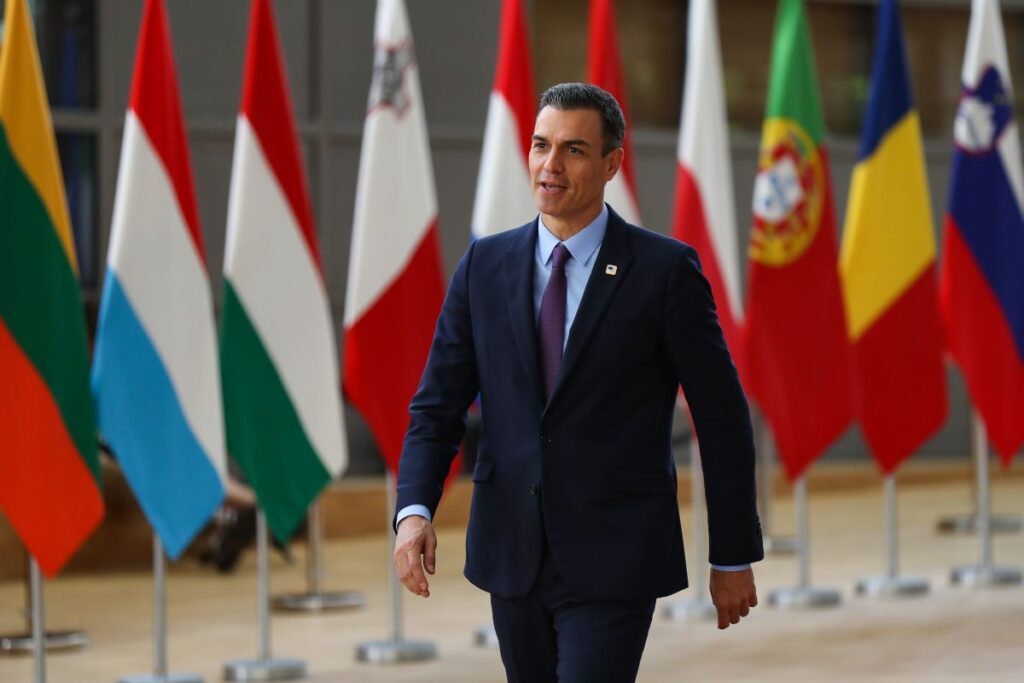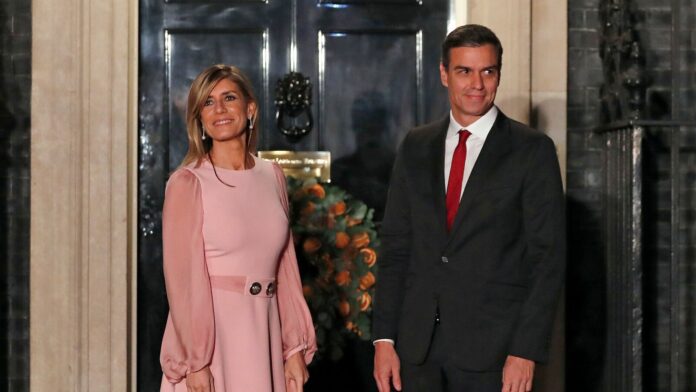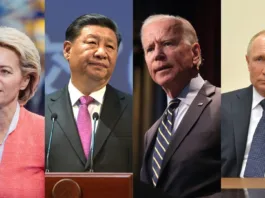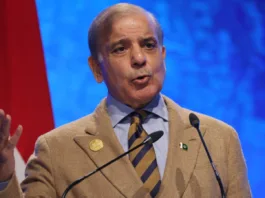Pedro Sánchez, the Prime Minister of Spain, is facing a tumultuous period in his political career as he considers resigning amidst a corruption investigation targeting his wife, Begoña Gómez. The unfolding events have cast a shadow over the stability of his government and raised questions about the future of Spanish politics.
Allegations Against Begoña Gómez
The controversy stems from accusations of influence-peddling and corruption leveled against Begoña Gómez, who is facing scrutiny for her alleged involvement in questionable business dealings. The investigation, initiated by a Madrid court following a complaint by the pressure group Manos Limpias, has triggered a wave of speculation and debate across Spain.
Prime Minister Pedro Sánchez’s Response
In response to the allegations, Prime Minister Sánchez vehemently denied any wrongdoing on the part of his wife. However, he announced that he would suspend his public duties until Monday to reflect on his future course of action. Sánchez expressed his profound dismay at the “spurious” allegations and vowed to defend his wife’s honor while cooperating fully with the judicial process.

Political Fallout
The unfolding scandal has exacerbated tensions between Sánchez’s socialist government and its conservative and far-right opponents. Accusations of political vendettas and smear campaigns have dominated the discourse, further polarizing the Spanish political landscape. Despite expressions of support from within his coalition government, Sánchez faces mounting pressure to address the allegations head-on and provide clarity on his leadership.
As Spain braces for potential political upheaval, the looming specter of Sánchez’s resignation looms large. The Prime Minister’s decision, to be announced on Monday, will undoubtedly shape the trajectory of Spanish politics in the coming months. Amidst the turmoil, questions linger about the integrity of Spain’s democratic institutions and the resilience of its coalition government.





